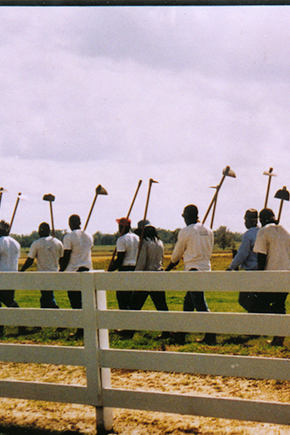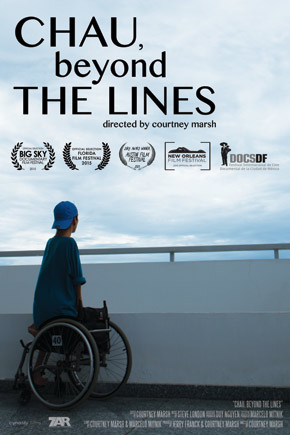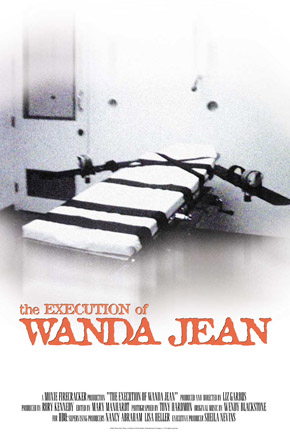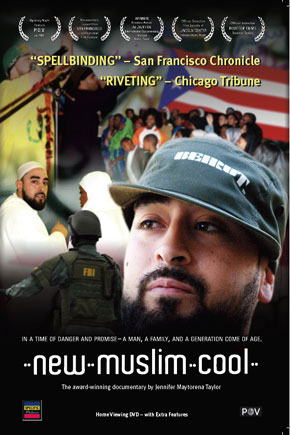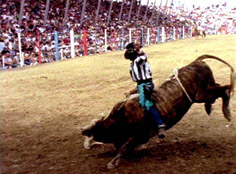Description
Accolades
Best Documentary Academy Award Nominee
Winner Grand Jury Prize Sundance Film Festival
Synopsis
There are three things Angola will do to a man. Number one—it will bring you to the crossroads of a turning point. Number two—it will harden you. Number three—it will kill you.” So tells Eugene Tannehill, inmate of the Louisiana State Penitentiary in Angola, the largest maximum security prison in the United States. With six complexes on over 18,000 acres and known as the Farm, it holds approximately 5,000 inmates, roughly 85% of whom will die there. Shot over the course of three years, the film follows six men sentenced to life imprisonment. With Wilbert Rideau, the best-known inmate and now a respected journalist, and Warden Burl Cain as our guides through the cells, dormitories, hospital, cemetery, and work fields, we are offered an eye-opening tour of one of the most infamous prisons in America. Prison life at Angola as seen through the subtle revelations of inhabitants who may never experience freedom again bears an uncanny resemblance to plantation life.
Directors

Liz Garbus is an award-winning documentary film director and producer. Her film, Bobby Fischer Against the World, opened the documentary section of the 2011 Sundance Film Festival, reserved for master American documentary filmmakers.
In 1998, Garbus’ film The Farm: Angola, USA was nominated for an Academy Award. The Farm was awarded with prizes including the Sundance Grand Jury Prize and two Emmy awards. In 2002, Garbus’ film The Execution of Wanda Jean was shown at the Sundance Film Festival. In 2003 she directed The Nazi Officer’s Wife, which was narrated by Susan Sarandon and Julia Ormond. In 2005 Garbus collaborated with partner Rory Kennedy to executive-produce the Academy Award-nominated Street Fight about the 2002 Newark mayoral election. In 2006 the pair worked with director Rosie Perez to produce her film Yo Soy Boricua. Her other producing credits include Ghosts of Abu Ghraib, which premiered at Sundance and won an Emmy for Outstanding Non-Fiction Special of 2007. In 2007 Garbus directed the film Coma, which aired on HBO in July of that year. It is about the experiences of four brain-injured patients receiving treatment at the JFK-Johnson Medical Facility in New Jersey.

Wilbert Rideau was sentenced to death for murder in 1961 by an all-white, all-male jury in a trial called kangaroo court proceedings by the United States Supreme Court, which threw out the conviction. All-white male juries twice again sentenced him to death. Pursuant to the Supreme Court’s 1972 Furman v. Georgia decision, that sentence was amended to life imprisonment in the Louisiana State Penitentiary, then widely acknowledged to be the bloodiest prison in the nation.
In 1976, Wilbert became editor of The Angolite, the prisoner-produced news magazine, and was the first prisoner in American penal history to win freedom from censorship. Over the next quarter century, he won many of the nation’s highest journalism awards, including the prestigious George Polk Award, for his outstanding contributions to public understanding of the criminal justice and prison systems. In 1979, he became the first prisoner ever to receive the American Bar Association’s Silver Gavel Award for an investigative expo, “Conversations with the Dead,” that resulted in the release of a number of long-term inmates “lost” in the Louisiana prison system. In 1984, he was selected to participate in an unprecedented nationally televised dialogue with Chief Justice Warren Burger of the Supreme Court on ABC-TV Nightline. In March 1993, Life magazine called him “The Most Rehabilitated Prisoner in America.” That same year, he ventured into broadcast journalism, producing award-winning reports for national radio and television. In 1996, he became the only prisoner ever to receive the Louisiana Bar Association’s highest journalistic honor for a documentary film he co-produced, Final Judgment: The Execution of Antonio James. In 1998, he co-directed a documentary, The Farm: Angola, USA, which won the Grand Jury Prize at the Sundance Film Festival and was nominated for an Academy Award. He is the co-editor of The Wall Is Strong: Corrections in Louisiana, a textbook now in its fourth edition; Life Sentences, an anthology of articles from The Angolite; and In the Place of Justice: A Story of Punishment and Deliverance, his autobiography.
